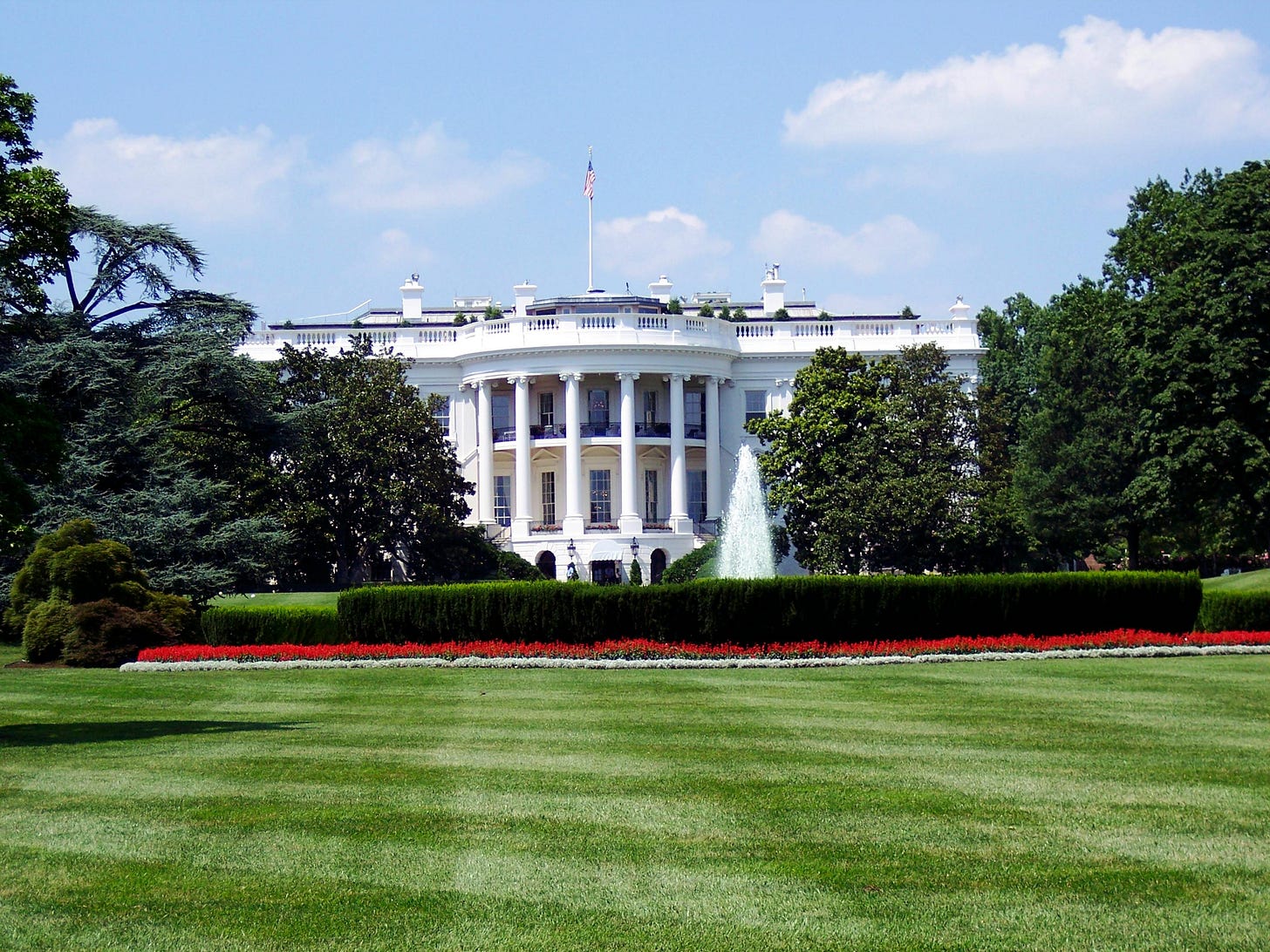Biden Urged to Protect Gaza's Children Amid Ongoing Conflict
The Council on American-Islamic Relations (CAIR) has called on President Joe Biden to take immediate action to protect children in Gaza, drawing a stark contrast between his recent decision to spare convicted child killers on death row and the ongoing casualties in the Palestinian territory.
Humanitarian Crisis Escalates
As the conflict in Gaza continues to intensify, the toll on civilian lives, particularly children, has reached alarming levels. According to the Gaza Ministry of Health, more than 16,750 children have been killed since the start of Israel's military operations.
The United Nations Secretary-General Antonio Guterres has described Gaza as becoming a "graveyard for children," with hundreds reportedly being killed or injured daily.
The situation has become increasingly dire, with UNICEF reporting that almost 3,000 malnourished children are at risk of death.
The Gaza Health Ministry has confirmed that 38 Palestinians, mostly children, have died of malnutrition and dehydration in hospitals as of September 16.
CAIR's Appeal to the Biden Administration
CAIR, a prominent Muslim civil rights organization, has been vocal in its criticism of the Biden administration's approach to the conflict. The organization has repeatedly called for a ceasefire and increased regional humanitarian aid.
"President Biden has used his power to spare convicted child killers on death row, but he refuses to use his power to spare the lives of Palestinian children," stated a CAIR representative.
This statement underscores the organization's frustration with what it perceives as a disconnect between domestic and foreign policy decisions.
The Scale of Destruction
The impact of the conflict extends far beyond immediate casualties. The World Health Organization estimates that more than 22,500 people injured as of July 23, 2024, have sustained "life-changing injuries" requiring long-term rehabilitation services.
UNICEF has reported that thousands of children have lost one or both limbs within the first three months of hostilities.
The destruction of infrastructure has been widespread, with many schools and hospitals targeted in attacks, further compromising the well-being of Gaza's children.
Displacement and Psychological Toll
Approximately one million children are among the 1.9 million Palestinians displaced from their homes since October 7, 2023.
This mass displacement has led to at least 19,000 children becoming orphans or losing their primary caregivers.
A recent study by War Child, an international aid organization, highlights the severe psychological toll on Gaza's children. Rob Williams, War Child Alliance CEO, stated, "For children in Gaza, nowhere is safe. They have seen homes destroyed, loved ones killed, and schools turned to rubble. Even so-called evacuation zones are not spared from bombing. The mental health of Gaza's children is under constant attack."
International Response and Aid Efforts
The international community has been urged to act swiftly. War Child and its partners have reached over 180,000 people, including 118,000 children, with emergency provisions such as food, clean water, hygiene kits, warm clothing, and blankets.
In July, USAID Administrator Samantha Power announced an additional $100 million in humanitarian assistance for Palestinians in Gaza and the West Bank during her trip to Israel.
However, critics argue that more needs to be done to address the root causes of the conflict and ensure the protection of civilians, especially children.
Biden Administration's Stance
President Biden has stated that his administration does not support Israeli efforts to occupy Gaza and has expressed regret that they have not been able to "convince" Israel to prosecute its war differently.
The administration is reportedly finalizing details of a ceasefire agreement between Hamas and Israel, with Biden claiming that progress is being made.
Calls for Accountability
Human rights organizations have raised concerns about potential violations of international law. In June, UN Secretary-General Antonio Guterres included the Israeli armed forces in his annual "list of shame" for parties to armed conflicts committing "grave violations" against children.
Looking Ahead
As the conflict continues, the international community faces mounting pressure to find a resolution that prioritizes the protection of civilians, especially children. The long-term consequences of the conflict on Gaza's youngest generation remain a significant concern, with experts warning of lasting physical and psychological impacts.
The situation in Gaza remains fluid, with calls for a ceasefire growing louder. As humanitarian organizations struggle to meet the overwhelming needs on the ground, the world watches closely for any signs of diplomatic progress that could bring an end to the suffering of Gaza's children.



